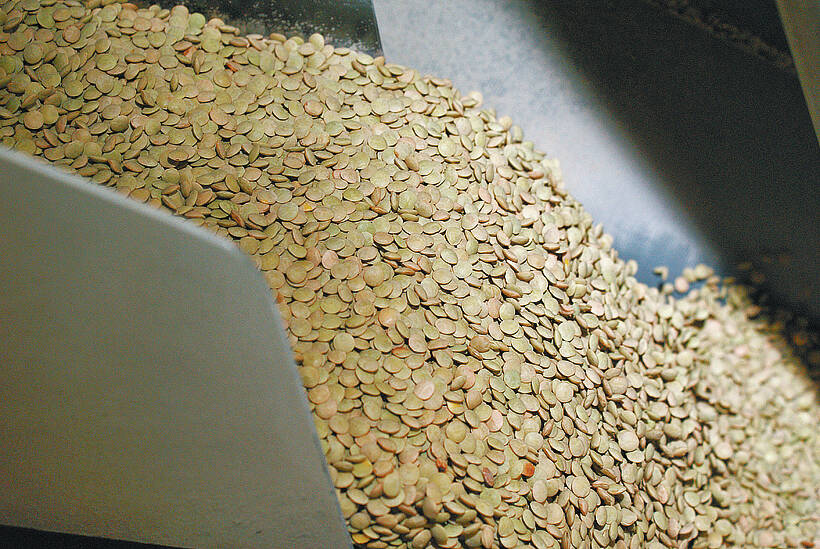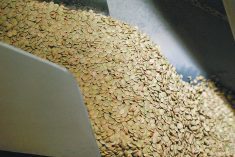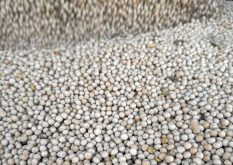Factors that pushed grain prices up in July – bad weather in the U.S. Midwest, high oil prices and political turmoil in Argentina – are now contributing to a strong selloff.
But other factors that could send prices back up, and no matter what, the grain market is underpinned by strong fundamentals.
- Crops in Europe and the former Soviet Union have sailed through the growing season and expectations are for production to increase about 18 percent over last year.
North American crops suffered through a cold, wet May and June. However, the weather became conducive to crop growth in the Midwest in July and conditions have improved. It is a similar story in Western Canada.
Read Also

Green lentil market oversupplied
Farmers in Western Canada can expect price pressure on their new crop of green lentils, as the available supplies among the world’s major lentil-growing nations increase significantly.
There is large variation in U.S. crop size forecasts. Acreage estimates are still not solid because the high prices might have caused people to reseed more flooded fields than expected.
Also, the weather is still iffy.
As of July 21 good growing conditions were forecast for the Midwest to the end of the month. If that changes to a heat wave, expect prices to rise again.
The market is also nervous about the delayed maturity of Canadian and American crops, about two weeks behind normal, leaving them susceptible to damage by early frost.
- The price of oil peaked above $147 US but fell below $129 by July 18.
Traders think high energy prices and the economic slowdown in the United States are reducing oil demand. MasterCard tracks weekly gasoline sales in the U.S. It said that in the week ending July 11, U.S. gas purchases dropped five percent from a year earlier. The four week average was down 3.5 percent from the year before.
Oil also fell because of reduced tensions between the U.S. and Iran over the latter’s nuclear development.
But the hurricane season has begun, bringing with it the potential for storms to damage oil production in the Gulf of Mexico. Also, although the U.S. and Iran are in talks, they are unlikely to go smoothly.
- Oilseed prices tumbled when Argentina’s Senate, in a close vote, decided to overturn president Cristina Fernandez de Kirchner’s export tax on soybeans, ending four months of conflict between farmers and government and allowing shipments from the world’s third largest exporter to resume.
On the other hand, wheat prices this fall would get support if dry weather now plaguing the country continues. Drought has thwarted farmers’ seeding plans and it looks like Argentina will have the smallest wheat acreage in 16 years.














